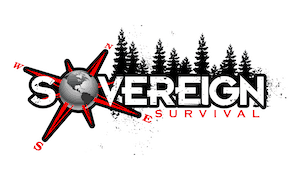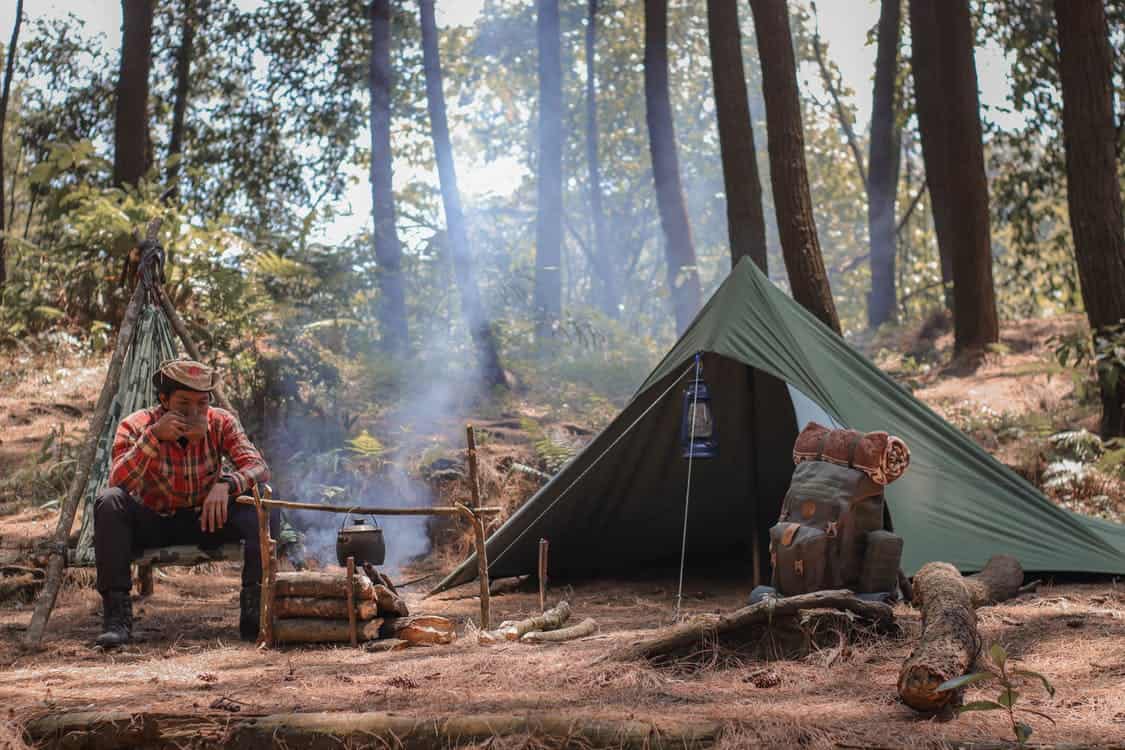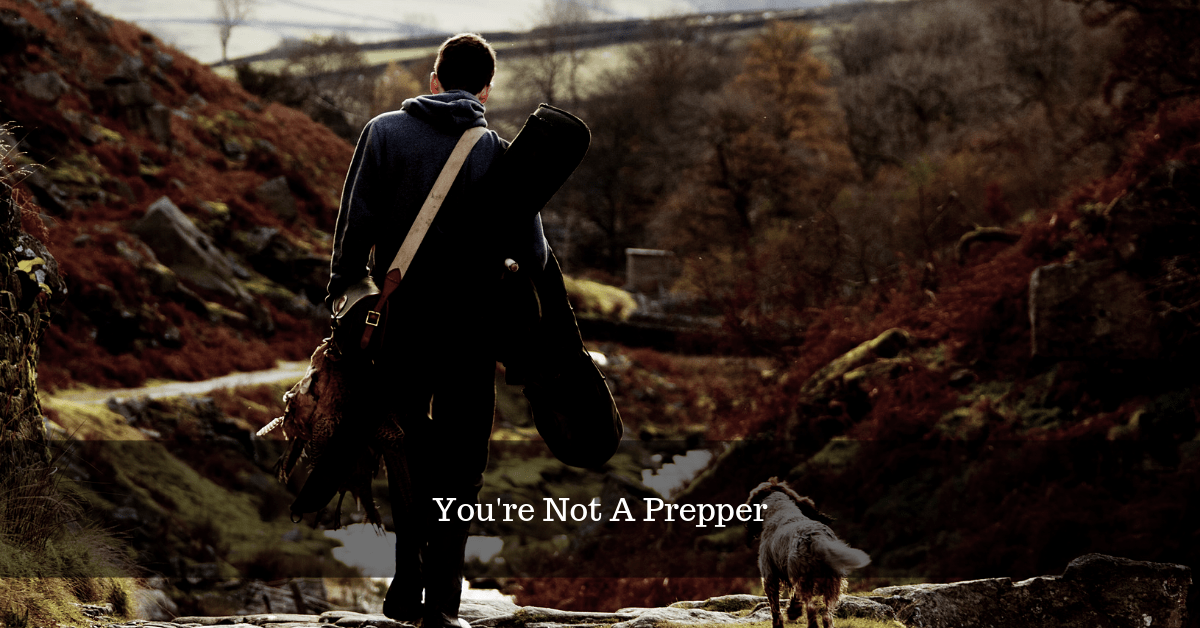Prepping is all about protecting yourself and having the means to survive on your own. Sometimes a beginner prepper can become overwhelmed with all of the websites on the Internet about preparing for natural disasters.
The number one reason that you must prepare yourself and your family for a natural disaster is that you may end up in a life-threatening situation where you have no choice but to survive without the assistance of any relief agencies or government aid.
Besides the most obvious of natural disasters like hurricanes, tornadoes and earthquakes, we are living on a planet that has been impacted with asteroids and coronal mass ejections from the sun.
We could also be facing terrorist attacks or nuclear war in the future. There may even come a day when our very own government will become the people’s enemy by enforcing martial law on the entire nation.
No matter what the scenario is that you want to prepare for, there are some basic tips that will help guide you into becoming a master prepper for whatever comes your way.
Tips for Beginning Preppers
1. Start Out Simple and Stick to the Basics
Beginner preppers often feel overwhelmed because of their fear and lack of experience in getting prepared for a disaster.
For this reason, it is suggested that newbie preppers start out simple and stick to the basics by preparing for a three day survival period. After you’ve gained enough experience and confidence, you can then start expanding your survival gear to ensure your survival for a week, a month or even an entire year.
Recommended: FREE Briefing Reveals Everything You Need To Get Further FasterIn Life, and Go From Average To Savage In Your Preparedness.
2. Plan for a Power Outage
It is important to always be prepared for a power outage. You should make sure you have a few LED flashlights with new batteries, some candles, a lighter and waterproof matches in case the power ever goes out. You can also purchase a generator or solar panel to use as an electricity backup.
3. Store Water in Plastic Food Grade Barrels
In most disasters, clean water can become very hard to find. It is estimated that a family of four would need 28 gallons of water to survive for one week.
While you could store single gallon jugs of water in your basement, garage, or outbuilding, it would take up too much space and is therefore recommended that preppers store their water in a large food-grade plastic barrel that can hold at least 28 gallons.
4. Store Non-Perishable Food Items
Stock up on non-perishable food items such as canned foods, boxed meals, nutritional food bars, and ready-to-eat meals like those given to soldiers that are out on missions.
5. Gather Important Documents
Make a copy of all of your important documents including your driver’s license, state ID, passport, marriage license, medical history, and emergency contacts list and store this information in a waterproof plastic bag.
You could also make a backup of this information on a USB flash drive that can be accessed via a computer.
6. Develop a Plan to Connect With Your Loved Ones
If something should ever happen that knocked out the Internet and telephone communications, you need to have a way to connect with your family and loved ones.
You should decide on a central meeting place that everyone can easily get to just in case you have no way of contacting them. It might also be a good idea to have long-range walkie talkies that work over a distance of 4-5 miles so that you have an alternative way of contacting people if the meeting place ends up being a disaster zone.
7. Learn Basic Survival Skills
Learning survival skills is the fun part of being a prepper. You should learn basic skills such as how to build a fire, how to catch fish, how to shoot a gun, how to use a bow and arrow, how to grow a garden, and how to cook over an open fire.
It would also be a good idea to learn how to perform CPR just in case you need to save someone’s life.
Recommended: 17 Tips For Surviving In The Wild
8. Prepare a “Bug Out Bag” for Each Member of Your Family
Putting together a “bug out bag” is the most important part of prepping for a disaster just in case you have to leave your home for some reason.
The basic things that you’ll need is a change of clothes, a first aid kit, an emergency supply of prescription medications, non-perishable food items, water (one gallon per person per day), personal items such as tampons and pet food if you have pets.
You’ll also need other survival items such a blanket, a tent, a hunting knife, a water filter, a lighter and box of matchsticks, a flintstone to help you start a fire, a flashlight with new batteries, and a rain poncho.
If you’re concerned about getting robbed for your food, you might also want to stash away a gun and ammo in your bag.






